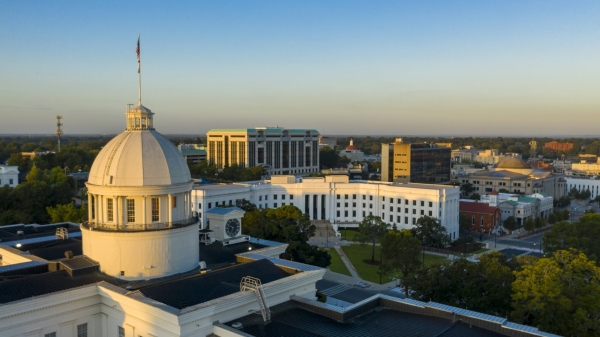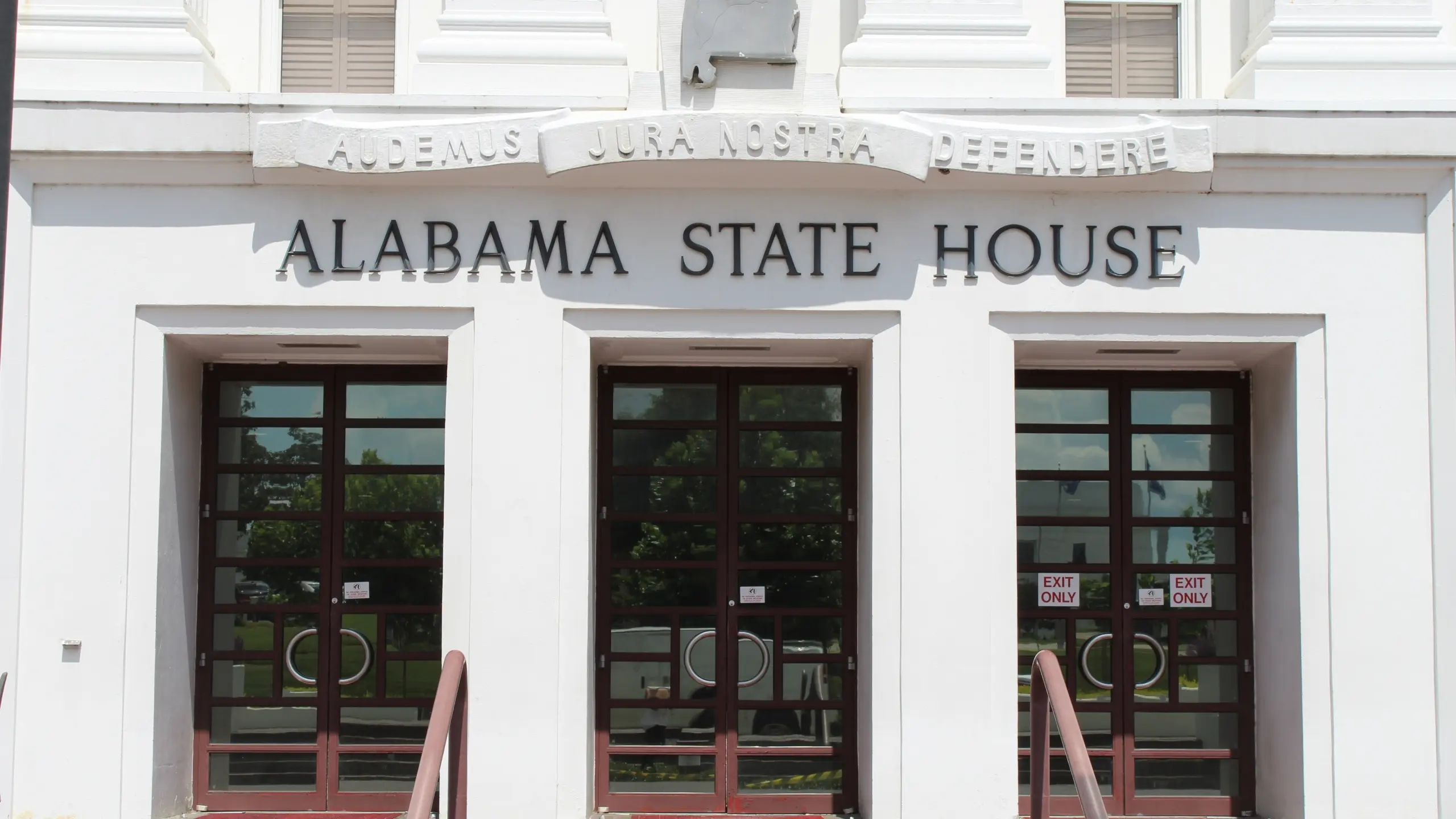Lawmakers wrapped up another legislative session in Montgomery a week ago today, and along the way passed a number of bills that are either unpopular, harmful to its citizens or both.
It’s tough to condense that down into the five very worst bills that actually made the cut to become new laws, but we’ve done our best to pick a handful of bills that stands out.
House Bill 202—The Police Immunity Bill
The very last bill to pass during the legislative session also happens to be one of the very worst. House Bill 202 by Rep. Rex Reynolds, R-Huntsville, expands immunity for police officers, making it harder for them to face criminal charges or civil liability if they can claim their actions fell within the scope of their duties. Reynolds and supporters have been adamant that the law will not apply to bad actors who step on citizens’ constitutional rights, but critics believe that the law will practically give police carte blanche to violate criminal and civl laws behind the shield of the badge.
House Bill 445—Regulating the hemp industry to death
While House Bill 445 doesn’t outright ban CBD and hemp-based products outright, industry experts have voiced concerns that it will be a death by a thousand cuts for the industry—in this case, with all thousand cuts happening at once. The bill restricts and regulates all CBD products in just about every possible way—restricting where they can be sold, taxing them exorbitantly, creating new licensing hurdles, limiting the amount of THC per serving size. And just as bad as the onerous new restrictions is the way in which the bill was passed—with Senators drafting a hodgepodge bill at the last second and slapping it on HB445 with little opportunity for scrutiny by lawmakers—much less experts, public and the press—before passage.
Senate Bill 79—What is a Woman?/Trans Erasure Act
The “What is a Woman Act,” known as the “Trans Erasure Act” by critics, is one of those bills that just reeks of cruelty as the point with no real problems to solve and only people to vilify. It’s a red meat bill that says “In Alabama, we know the difference between men and women” in a clear barb at the relatively small number of transgender citizens living within our borders. At worst, this bill will make it harder for these adults to lead their lives in a fulfilling way and continue an oppressive atmosphere against anyone who flouts the gender lines expected of them. Some critics pointed out that this bill could lead to the harassment of any female who looks too masculine in a private women’s space, regardless of whether they are cisgender or transgender—not to mention transgender men who would be forced to use the women’s room despite having full beards and other masculine features. The early passage of this bill set the tone for a session focused on several bills targeting the LGBTQ+ community.
Senate Bill 53—Immigrant harboring law
When you accidentally back your way into parroting the Fugitive Slave Act in your legislation, it seems clear you have a problem. And yet Senate Bill 53 overcame by Sen. Wes Kitchens, R-Arab, overcame that embarrassing hurtle on the backs of anti-immigrant sentiment that dominated the session echoing President Donald Trump’s focus on creating an image of dangerous immigrants illegally coming into American and invading our small towns–eating the dogs and eating the cats. In addition to creating crimes for transporting an undocumented immigrant, this bill is also one of several that have helped push a narrative that has seen even legal immigrants smeared and targeted in towns like Albertville.
House Bill 52—Extra funding for the CHOOSE Act
While lawmakers argued and nitpicked over programs that would cost the state far less, they also approved a bill that would inject far more money than initially projected into the new CHOOSE Act program that will fund private school scholarships with public funds. As even proponents of the program predicted, the overwhelming majority of students participating in the outset of the program have never attended a public school, meaning the $7,000 in annual benefits is largely a new tax. break for families who had already made the decision to fund their children’s educations themselves—something poor families cannot do. While families in poverty can take advantage of the program, private schools can reject applicants and are not required to provide transportation, free lunches or rigorous special needs accommodations. The program is already set to cost the state $180 million in its first year with more spending expected as demand continues to increase.



















































